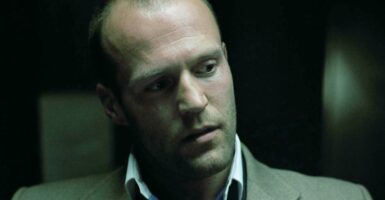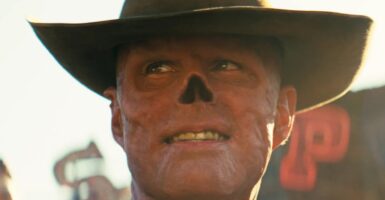The R-Rated James Cameron Spider-Man Movie Sounds Wild
James Cameron had big plans for an R-rated Spider-Man movie. In fact, he got very far long.
This article is more than 2 years old
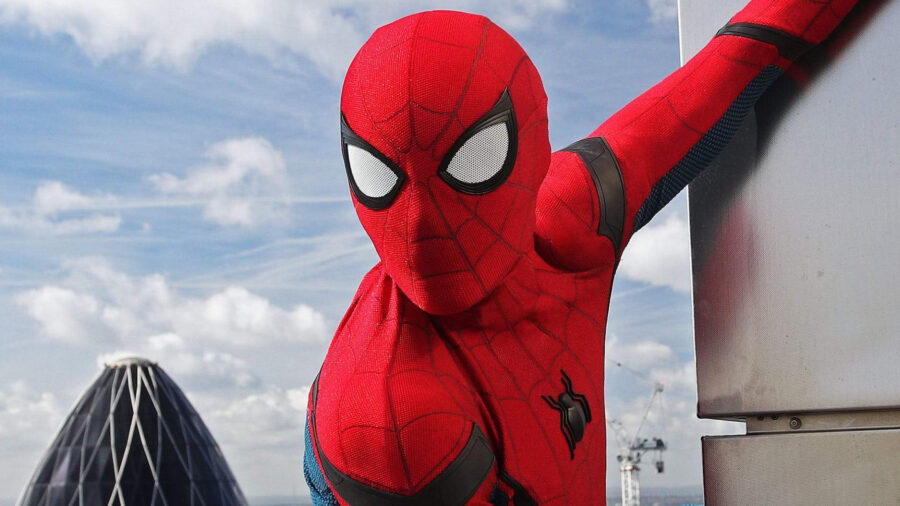
You’ve heard the stories before, we are sure of that. You know, the “ones that got away” stories. Maybe it’s a buddy who likes to tell tall tales of a fishing expedition, whether it be on the high seas or the local bar. In this case, the “one that got away” actually did happen and it involved one of the highest-profile directors in Hollywood and one of the most iconic comic book superheroes of our time. The high-profile director in question is James Cameron and the iconic superhero would be Spider-Man, a combination that came oh so close to making its way to the big screen. If that isn’t enough of a pairing, James Cameron had already chosen his Peter Parker for the film – Leonardo DiCaprio. And that’s not even the half of it.
In 1990, Carolco Pictures (a name that has surfaced in earlier stories) had purchased the rights to Spider-Man and planned on allowing for a $50 million budget for a Spider-Man film. James Cameron penned the script along with John Brancato, Ted Newsom, Barry Cohen, and “Joseph Goldmari”, which was a typographical error of Menahem Golan’s pen name, Joseph Goldman.
James Cameron produced a 57-page treatment that can be read here.
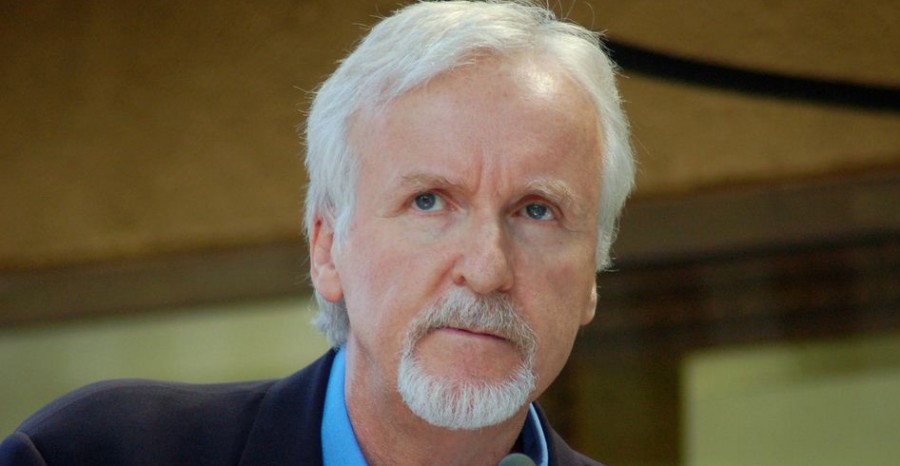
First and foremost, it should be noted that Cameron’s story was going to be R-rated. What, you say? Well, yes. The film was going to carry an R-rating for the coarse language, violence befitting a comic book, and a graphic sex scene (to include spiderweb bondage) between Spider-Man and Mary Jane. Yowsa.
But more than that, if the R-rating wasn’t jaw-dropping enough, James Cameron had lined himself up a very high-profile cast.
Along with a confirmed Leonardo DiCaprio, James Cameron had recruited the likes of Kevin Spacey as Norman Osborn/Green Goblin. Nikki Cox and Robin Lively were said to be in the running for Mary Jane Watson. Katharine Hepburn and Maggie Smith were also in talks to play Aunt May. R. Lee Ermey and Michael Douglas were said to be circling the J. Jonah Jameson role, and Robert Guillaume was signed on to play Robbie Robertson.
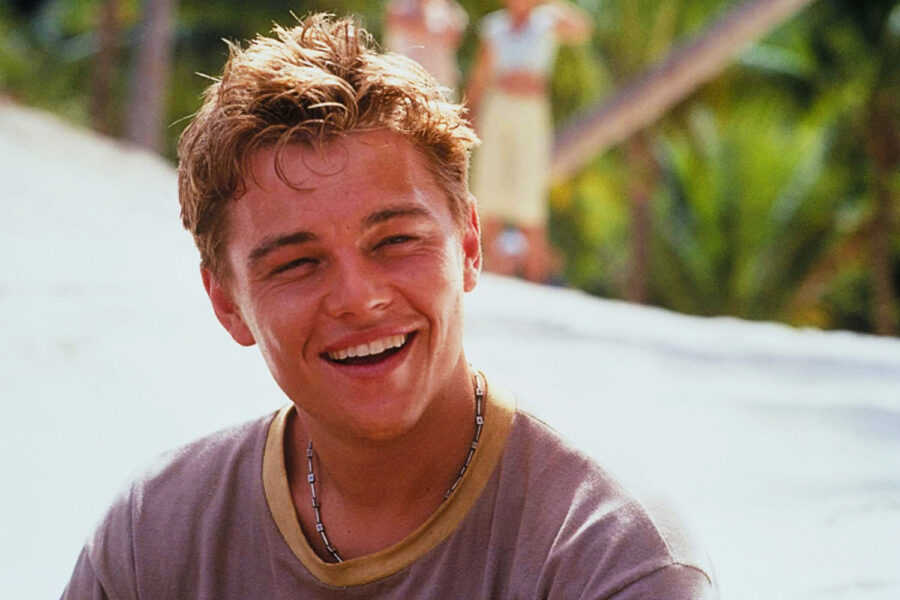
Then there were the James Cameron stalwarts – Lance Henriksen was set to play Carlton Strand, a character renamed from the comic book character Max Dillon, who becomes Electro. Michael Biehn was also on board as Boyd, another renamed character who, in the comic book, went by Flint Marko aka Sandman.
But the biggest name of all was the Terminator himself, Arnold Schwarzenegger. Cameron had talked Arnie into playing Otto Octavius aka Doc Ock.
The die was cast, and production took a step forward. James Cameron and co.’s script took Spider-Man in a direction somewhat familiar to his followers. Somewhat in the fact that departing from the comic book origins, Cameron employed the organic web-shooters versus the shooters Parker invented in the comic books.
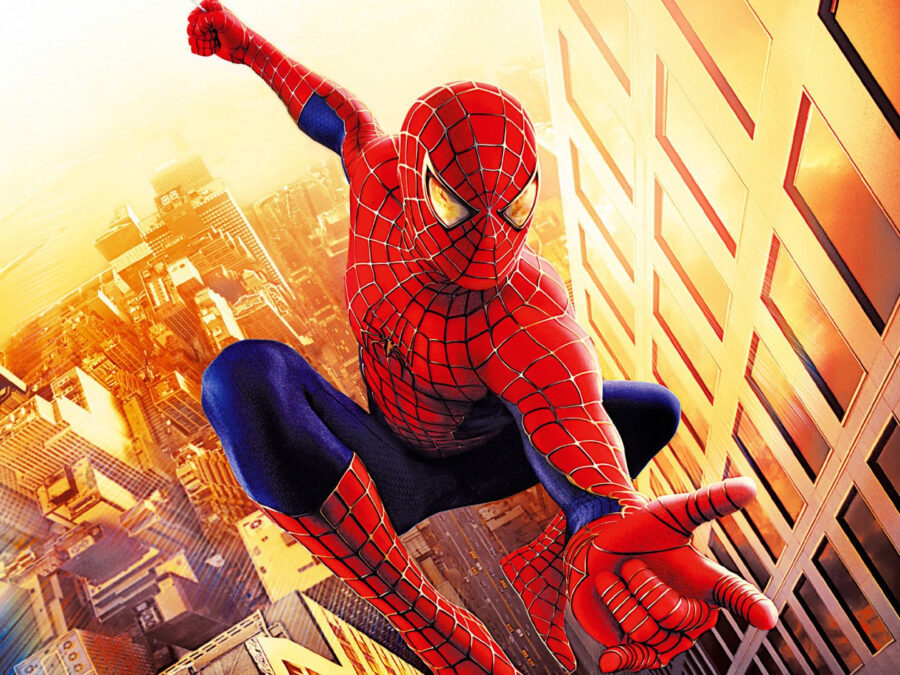
In James Cameron’s eyes, although Parker was a science nerd in high school, he felt that developing such a device along with webbing that would stick anywhere would be above Parker’s pay grade. So, instead, he decided to go with the organic approach. What he did do, though, was have Parker invent fake web-shooters to disguise the fact that the real webs come from Parker’s body.
Another fact James Cameron decided to touch on was that Spider-Man became a TV star. Wanting to make some money, Peter Parker created his Spider-Man costume and would show up at parties to perform. He was then invited to a popular variety show, where his performance was caught by Strand, who wanted to bring him into his criminal escapades.
Cameron’s version of Peter Parker also showed him, as Cameron describes in his treatment, as “your basic sexually pent-up adolescent.”
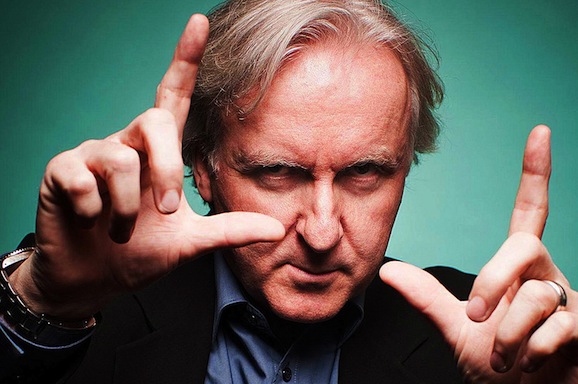
So, with a Peter Parker looking to get his rocks off, a fake Electro, a fake Sandman, and a real Doc Ock, what could go wrong? Granted, the changes and tact of the script may have strayed from the original Spider-Man, but this was a James Cameron deal. It was in good hands.
As with everything revolving around Carolco Pictures in the early ‘90s, James Cameron’s Spider-Man suffered the same fate. It’s unfortunate because before Carolco fell onto hard times, they were actually known for producing some fairly big movies. You may have heard of Terminator 2: Judgement Day (which is how Cameron probably got the Spider-Man gig). They also produced the first three Rambo movies as well as the Arnie hit, Total Recall. But by the early ‘90s, the company was on a downfall that they’d never recover from.
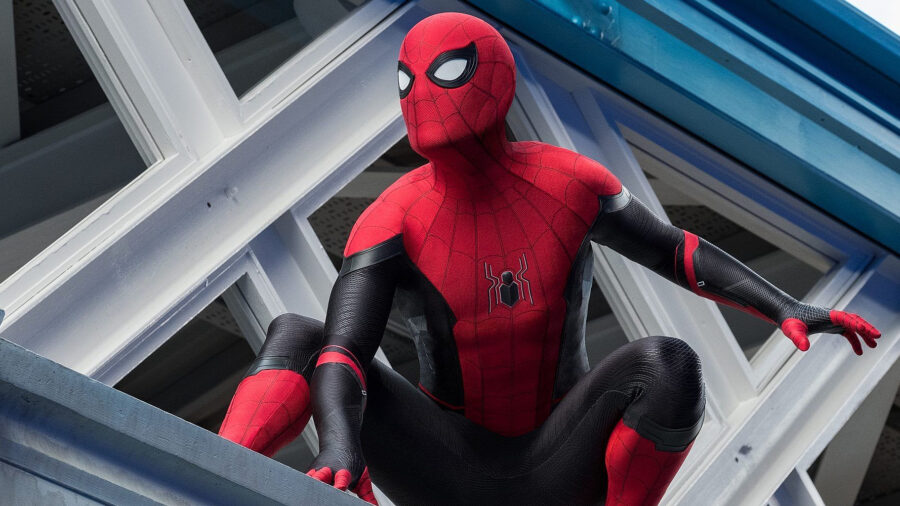
Bankruptcy befell Carolco and with it, James Cameron’s Spider-Man film. The rights to Spider-Man were sold off in horrific deals that saw the rights to TV, film, and home video in the hands of different entities.
Could it have worked? Possibly. James Cameron has been known to churn out a decent film or two (okay, maybe more) but the changes he was trying to employ in his R-rated version of Spider-Man may not have taken hold with Spider-Man fans of the early ‘90s. They may not take hold with fans of today.
So, what say you out there in GFR land? Do you think Cameron’s vision would have been a popular one if it had actually hit the big screen? Let us know your thoughts.

